|
Step 4:
Main results achieved Entities, companies, and organizations participating to the initiative are attesting the Ethical Passport’s impact on the agro-food sector. The primary production companies consider the Ethical Passport an important tool to operate on the market, express values so far unreported, document products and companies characteristics requested for export. The processing companies through the Ethical Passport are able to engage businesses in the primary production issues and, in compliance with the rules required by the widespread markets, establish shared political and solidarity contribution relationships. The demand for documenting the products aspects in terms of security, quality and value is continuously growing. The impact deriving from the ethical passport on governmental organizations can be easily illustrated by the Lombardy Region which has decided to endorse, through the Ethical Passport, territorial productions starting from the milk sector. |
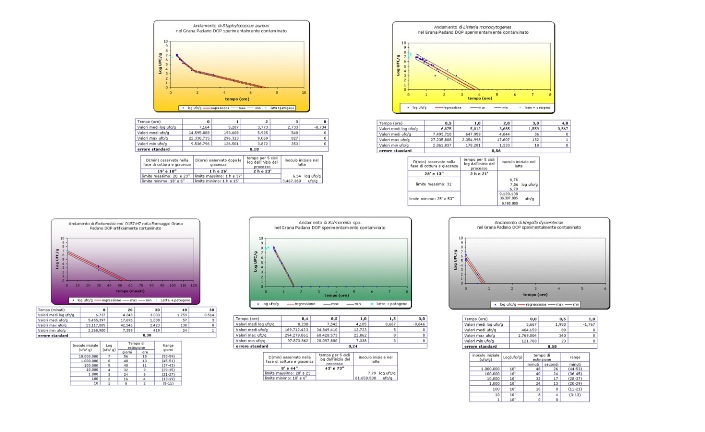
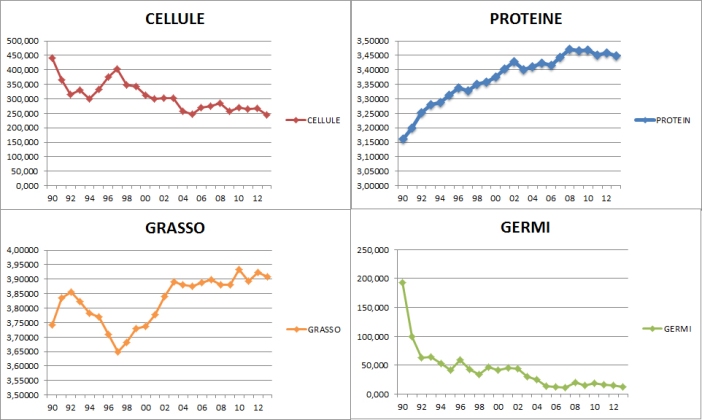
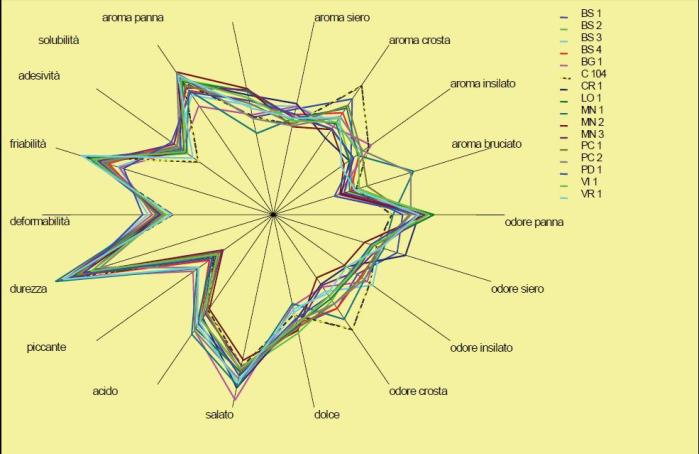
|
|
|


|
Step 5: Main beneficiaries and needs addressed
From the adoption of the ethical passport benefit mainly companies which can take advantage from greater access to national and foreign markets, thanks to the ability to meet the information request in terms of quality, safety and ethical conduct. Consequently, food and agricultural products retailers as well as high quality caterers (which require the ethical passport relatively to the ingredients used) will benefit from an added value related to the ethical passport. The real target of the initiative through which acquire commercial success are consumers (and their associations), as reaching markets concerns the communication of values (not just products) associated with the company ethical behavior. Finally, will benefit from the ethical passport success the local economy context, given the impulse to commercialization thanks to the increased sales on the domestic market and recovery of losses (due to a decline in consumption by more than 2%) and support to export. |
|
|
|
|
|
|
| |


|
Step 6: Human resources involved in the project
The initiative has started as an experience in the Brescia Province and has involved Consorzio DAQ staff (19 technicians and veterinarians supporting food companies) and agri-food companies participating as partners. Businesses operators for which the Ethical Passport was filled in (initially a few hundred) have also taken part to the initiative. Afterwards, dairy farms from other provinces of Lombardy Region (Varese, Milan) have been included, up to the adhesion of the Region to a programme that aims involving all regional dairy farms (over 8,600). Other companies and consortia operating in several regions such as Piemonte, Veneto, Emilia Romagna, the Autonomous Province of Trento, Abruzzo, Sicily are planning interventions.Other operators have been involved such as primary production companies’ managers, processing companies technical and quality managers, computer technicians (Ethical Passport electronic management), University of Brescia and research institutes. |
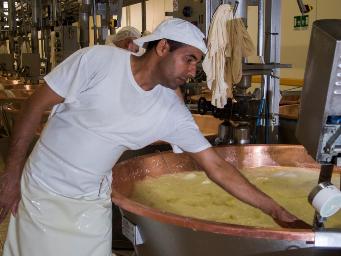
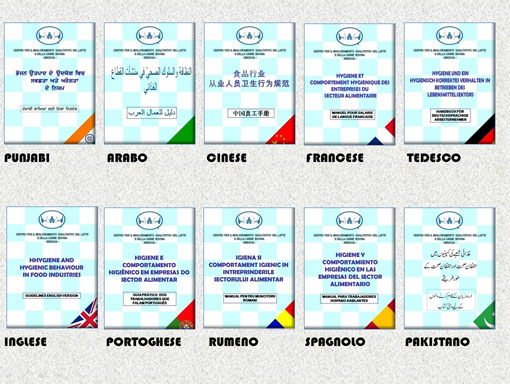
 Page 3 / 5
Page 3 / 5 